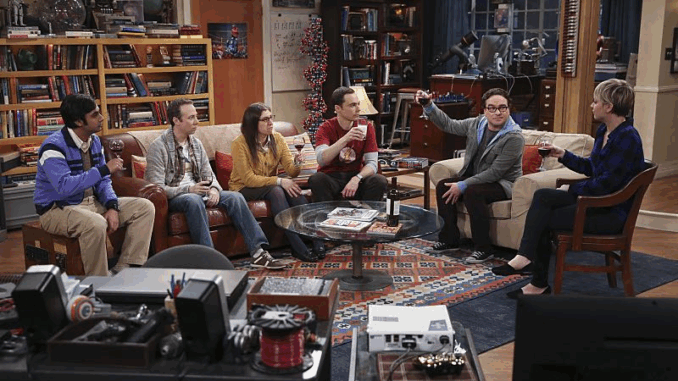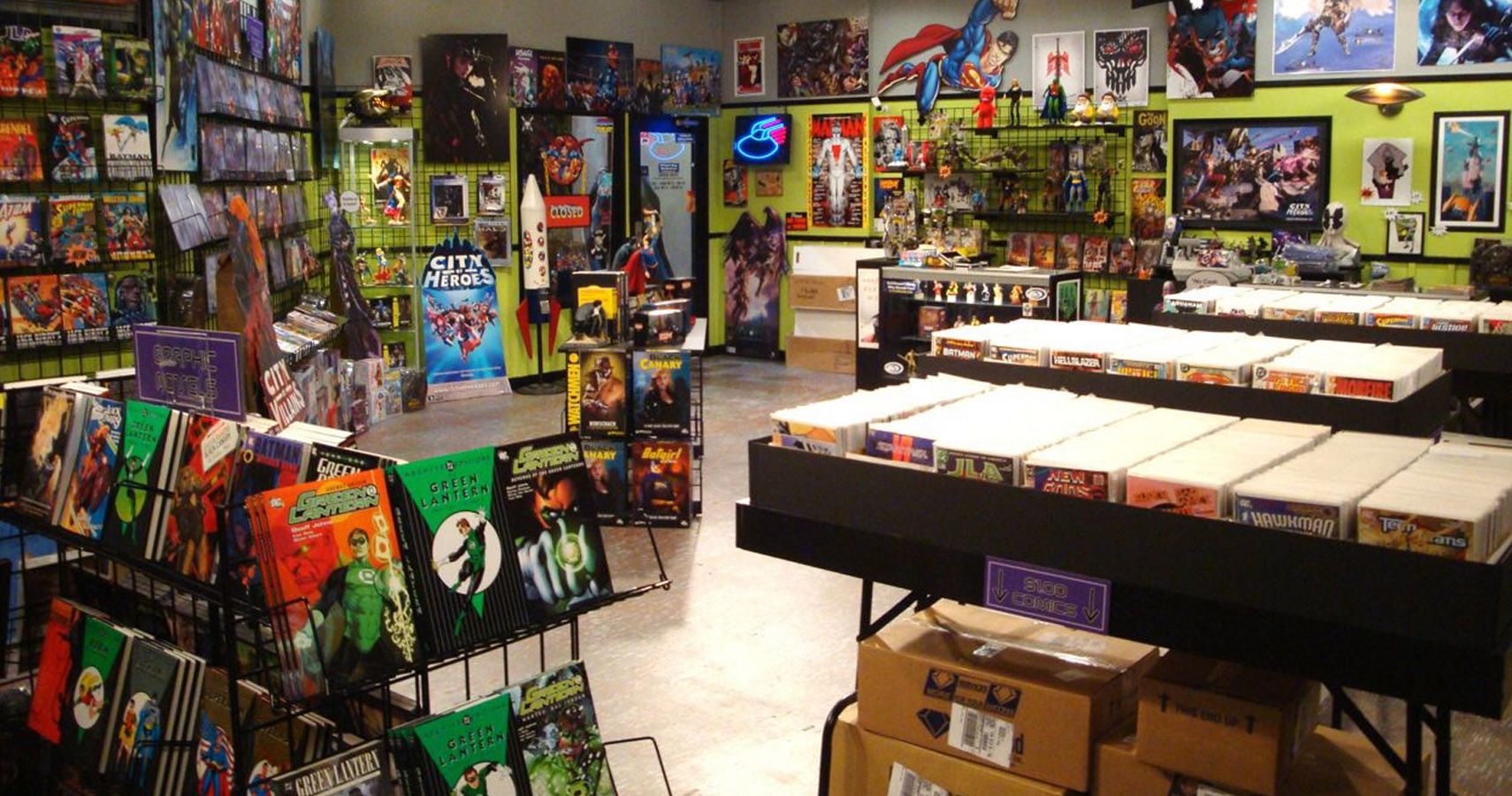
More Than Just a Shop
At first glance, the comic book store in The Big Bang Theory seemed like a simple backdrop — a nerdy haven where the gang picked up the latest issues of Green Lantern or debated obscure superhero trivia. But as the series unfolded, the store evolved into something much deeper: a symbolic refuge where friendship, identity, and community thrived.
Stuart Bloom, the store’s soft-spoken and perpetually unlucky owner, often joked about how the shop was his whole life — and in many ways, it truly was. While business success eluded him, the store offered Stuart a chance to be part of something bigger, to escape loneliness, and to occasionally bask in the glow of camaraderie, even if from the periphery.
The Birthplace of Brotherhood
The comic book store wasn’t just where Sheldon, Leonard, Howard, and Raj bought collectibles — it was their temple. It hosted their most passionate debates, their fiercest arguments about canon, and their quietest moments of shared joy. Whether it was arguing about whether Batman could defeat Superman or planning a group cosplay for Comic-Con, the store brought them together in a way few other settings could.
Some of the show’s most heartfelt group scenes happened within those walls — like the impromptu party thrown to lift Stuart’s spirits, or the group’s intervention when the store was destroyed by fire. These moments reminded viewers that for people who often felt like outsiders, the store was home.
Stuart’s Quiet Journey
Stuart may have started as a background character, but over time, he became a core figure. His arc was perhaps the most subtly powerful of the series. A failed artist turned small business owner, Stuart often battled depression, financial stress, and social anxiety. Yet he remained consistently kind, and eventually, quietly indispensable.
His unrequited crushes (especially on Penny and Bernadette), his awkward attempts at dating, and his unlikely friendship with Sheldon added layers of depth. By the final seasons, Stuart wasn’t just the guy behind the counter — he was part of the family, even living with Howard and Bernadette and helping take care of their children.
A Symbol of Safe Space
In a show that celebrated intellect and idiosyncrasies, the comic book store stood as a monument to acceptance. There, the characters could be unabashedly themselves. They didn’t need to translate their passions to fit in. The store didn’t ask them to change — it embraced them as they were.
Even when female characters like Amy and Bernadette entered the space, there was humor in their initial discomfort — but also a subtle message: fandom, like science, isn’t gendered. The store gradually became inclusive, reflecting the evolving dynamics of the group and challenging stereotypes of gatekeeping within nerd culture.
Pop Culture Meets Personal Growth

The store also played a critical role in showing how pop culture shaped the characters’ personal growth. Comic books weren’t just entertainment — they were metaphors. The struggles of superheroes mirrored their own. The gang saw themselves in flawed geniuses, misunderstood mutants, and caped crusaders. These stories helped them frame their own identities.
As the show progressed, the comic book store remained a constant — even as careers advanced, relationships evolved, and babies were born. Its persistence spoke to the enduring need for community and connection, especially among those who don’t always fit the mold.
A Farewell to the Fortress
In the series finale, the comic book store wasn’t center stage, but its presence was felt. It represented a chapter of life that many fans could relate to — the place where we first found “our people.” In a world that often seems loud and overwhelming, this tiny store in Pasadena stood as a beacon for those who’d rather escape into fantasy and emerge with real-life friendship.
The comic book store wasn’t flashy, but like Stuart himself, it had quiet depth. It didn’t need applause — it just needed to exist.